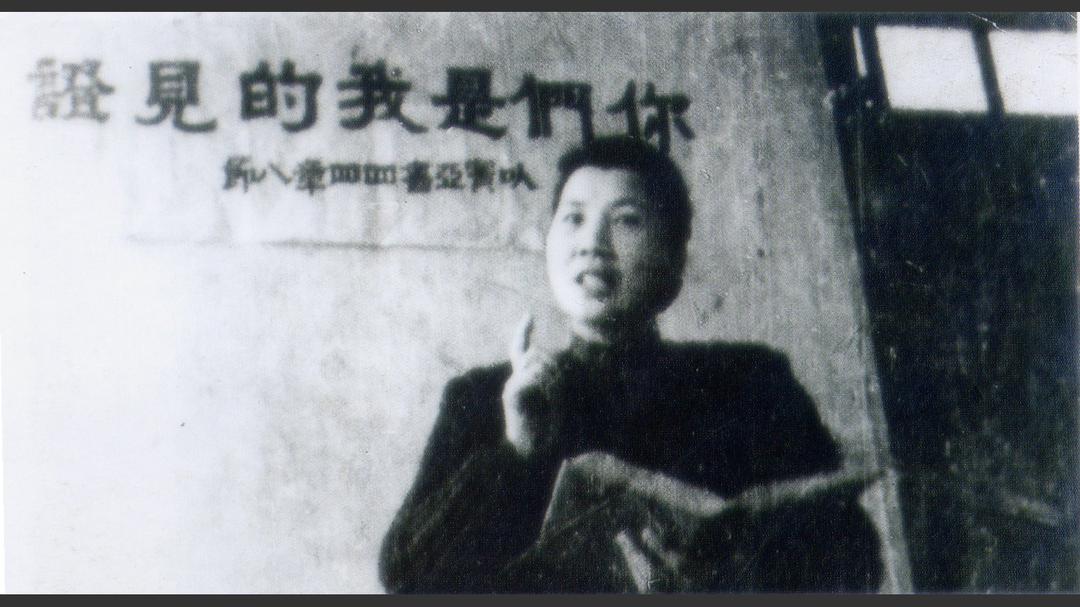

Zheng Huiduan had an extraordinary ministry as an evangelist, prisoner and counselor. She was one of many who were swept up in the political movements of the 1950s and 1960s and spent years of their lives in prison and labor camps. Her lack of bitterness or rancor after years of injustice testifies to the power of the Lord’s love and gives insight into how God has used years of great hardship to birth a great revival in China.
Zheng Huiduan was abandoned shortly after her birth near Gutian, Fujian in 1914. She was found on the roadside by a Christian pastor and adopted into his family. Pastor Zheng died when Huiduan was 2, and Mrs. Zheng when Huiduan was 17. Huiduan came to Christ four years later, and then attended seminary for three years. For almost two decades she had a powerful ministry as an evangelist among students in Fujian, Shanghai, Sichuan and other parts of China.
Huiduan chose to remain in China after 1949 despite an opportunity to move to Hong Kong or Taiwan. She was arrested on March 15, 1958 and given a seven-year jail term. One of her first tests involved a threat to handcuff her if she did not write a confession denying the Lord. Huiduan resolved to obey God’s Word and pray and sing openly no matter what. She was handcuffed for three months, first with her hands in front and later behind her back. She was sustained by God’s promise of strength in her weakness from 2 Corinthians 12:9, “My grace is sufficient for you, for My strength is made perfect in weakness.” She found that her body was softened in a way that allowed her to continue to meet her physical needs, such as brushing her hair and teeth, until the cuffs were removed.
Her seven-year term ended just as the Cultural Revolution was beginning, and she spent another 14 years in Anhui Province in labor camps or internal exile. Although she was tortured on many occasions to try to force her to deny her faith, one of her greatest tests came when she was assigned the job of removing worms from tea leaves. She hated worms. Yet God sustained her also in this task. In another camp, the propaganda department drafted a document for her to sign denying her faith. After she prayed for wisdom, the Lord gave her Psalm 29:10. She asked the camp leader if it was legal for her to pick 10 kilograms of tea leaves but report 20 kilograms. The official naturally said that would be a crime. Huiduan then pointed out that she was being asked to sign a false report since that did not reflect her true beliefs. The official conceded this, and Huiduan did not have to sign anything false.
Huiduan was finally allowed to leave the labor camps in 1979. When her application to return to Fujian was denied, God comforted her with Acts 17:28, “For inhim we live and move and have our being.” She then had great peace that she was obeying Him in accepting this injustice. God provided Christians to care for her during the rest of her life. Huiduan spent the last years of her life in Yantai, Shandong with Dr. Wu Shun (武顺大夫) and his wife Dr. Li Guilin (李桂林大夫); they had met Huiduan while they were medical students in Sichuan. Many house church Christians came to her tiny room in Yantai for counsel, especially as Christians from outside China began to bring in money and resources, often with strings attached. Huiduan went to be with the Lord on July 20, 2003.